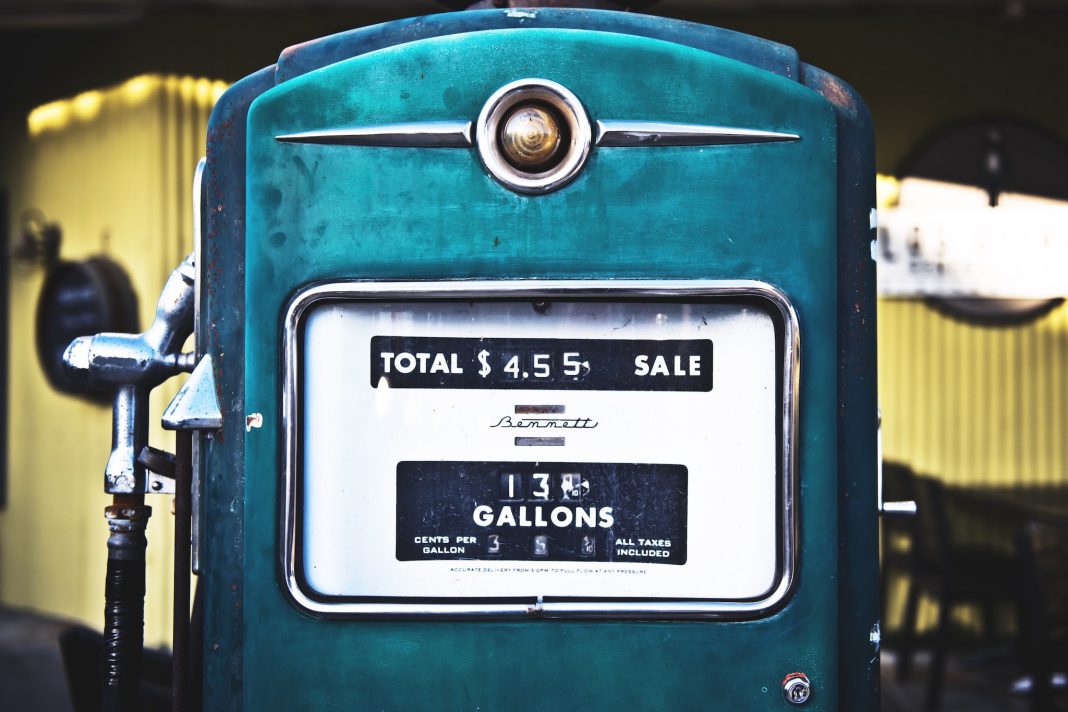With today’s economy and the value of money going down, plus the increasing prices of basic goods and commodities, people often find their selves having a hard time staying on budget. In fact, various ways and cost-cutting methods are being devised in order to survive even for a month.
Since the introduction of automobiles, cars have become a necessity for most people due to their convenience and reliability. Unfortunately, letting go of the car may be hard to avoid since cars are used when going to work, buying groceries, and bringing the kids to school.
In order to minimize your gas expenses and help you save some money especially for rainy days, here are five things you should put in mind in order to reduce your fuel costs.
1. Check the Car’s Tire Pressure
Tires that are under-inflated are one of the most common causes of higher fuel consumption. Car owners don’t often realize that by not properly inflating the cars, rolling resistance is increased which means more gas is needed in order to keep the car moving. Improperly inflated tires make you step on the gas more since it increases the surface area in which the tires touch the asphalt.
This creates a drag that would require you to step more on the gas pedal to make your car accelerate. Higher rev means that the car is burning more fuel.
2. Don’t Drive Like a Maniac
Driving like a maniac is not only dangerous but is also expensive. If possible and if not needed to go on a fast speed, accelerate with care. Constant acceleration then suddenly hitting the brakes wastes the force generated by the engine when it consumed gas. The sudden stop you made would then require you to rev once more, thereby leading to an increase in gas consumption.
Further, driving at a high speed means increasing the car’s aerodynamics exponentially, which means more fuel consumption by at least 20%.
3. Consider Transportation Alternatives
There are many alternatives in driving which can help you a lot in reducing your fuel expenses. One would be avoiding traffic or long idles. This may seem like a funny tip since there is traffic everywhere and is inevitable especially when living in the city. But the next time you go to work, try leaving the house earlier than your usual time. By leaving earlier, there will surely be fewer cars and your drive will be stress-free.
Aside from this, reduce the use of air conditioner since it can increase fuel consumption by as much 20%. It also puts additional load on the car’s engine, forcing your car to use more fuel. If the weather is cool enough, turn of the air conditioner, roll down the windows and enjoy the cool breeze.
Another alternative would be organizing or joining a carpool. If you have co-workers who live within your area, then this is a perfect opportunity to share a ride with other people.
4. Keep Your Engine in a Good Running Condition
Maintaining your car’s efficiency in good running condition can save you fuel for as much as 50%. This is because engine combustion is at its optimal level. And better combustion means better horsepower which would then equate to a lower rev drive. Also, use the correct grade of motor oil that is suitable for your vehicle for proper viscosity. Otherwise, friction in the car’s engine will increase, causing it to get hotter and use more gas.
Always put in mind that your car needs some care too. BY pampering your car regularly and giving the required maintenance service, it can definitely help increase the car’s fuel economy.
5. Replace the Car Filters Regularly
Part of maintaining a car is regularly changing its filters. Clogged up air filters choke up your car by restricting the airflow into the engine, thus dramatically decreasing the engine power. This means stepping harder on the gas pedal to achieve the speed you want, consuming more fuel.
Checking and changing the car’s air filter is easy. When you remove the filter, hold it up to the sun. If you notice that light is not coming through, then there is a need to change it.
These five tips can definitely help you save a lot when it comes to fuel consumption. Aside from this, another important thing is to consider is choosing the right vehicle for you. The market has provided consumers with a variety of vehicles that are more fuel-efficient compared to cars 10 years ago. Choose a vehicle according to your needs, maintain the car in good condition, and eventually, your savings from fuel expenses will increase.
